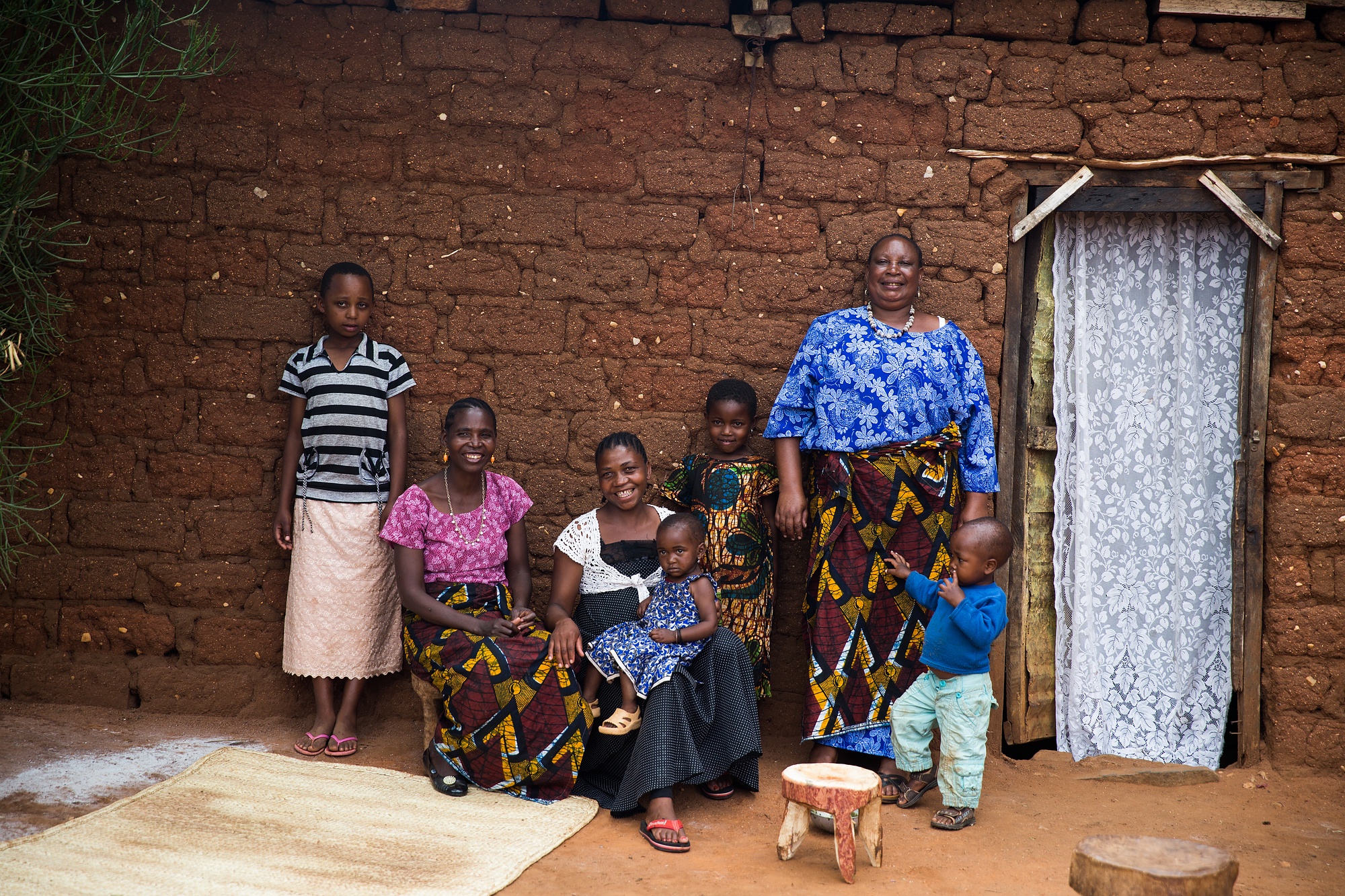Meet Mariam: She’s The Embodiment of How We Can Empower Women To Feed a Generation


Meet Mariam, a matriarch with a rare success story.
Over a small fire in her family’s courtyard, she uses a hand-carved wooden ladle to stir a bubbling pot rice and beans. A grove of acacia trees surrounding the courtyard sways in the evening breeze, casting shadows all around them. This is Mariam’s favorite time of day, when her work in the fields and at the market is finished and she can relax at home with her children and grandchildren.
Nearby, Mariam’s granddaughter — a curious toddler in a flowery blue dress — gets too close to one of the family’s guinea fowl, who reacts with a sudden flurry of feathers and claws. The entire family bursts into peals of laughter while the child reacts by bursting into tears. Mariam watches as her daughter scoops the frightened child into her lap and begins to soothe her. Once again, a mother quickly saves the day.
When asked why empowering women like her is so important, Mariam’s response is simple.
“Because women,” she says with a smile, “are the heart of the family.”
More than half of the world’s 805 million chronically undernourished people are small farmers confined to degraded land. Without access to the most basic resources — stable markets, reliable electricity or even good seeds — these farmers are doomed for failure and sometimes famine. Without passable roads to transport food or accessible water sources when drought occurs, farmers can’t succeed.
That’s where the United Nations World Food Programme (WFP) comes in. By providing training to small farmers as well as basic tools like mechanical sifters, tractors, warehouses and irrigation canals, the U.N. World Food Programme is equipping women like Mariam with the most basic tool of survival and success: Good nutrition.
Empowering women like Mariam is one of the most effective ways to break the cycle of poverty and hunger. In fact, the world could reduce the number of hungry people by an estimated 150 million if female farmers like Mariam had the same access to resources and tools as men do.

Mariam stands with her daughter, daughter-in-law and four grandchildren in front of their new brick home in rural Tanzania. WFP/Mackenzie Rollins
Being able to put food on the table is especially important because Mariam’s eldest daughter is expecting her second child. During this critical window of time — from pregnancy to a child’s second birthday — access to proper nutrition will shape that child’s fate, determining everything from mental capacity and physical development to lifetime earnings and resilience to infection or disease.
This is one of the most crucial lessons the U.N. World Food Programme staffers are working to teach women like Mariam.
To make sure Mariam’s daughter is getting the right nutrients to stay healthy throughout her pregnancy, the U.N. World Food Programme is providing prenatal supplements and information about breastfeeding, sanitation and dietary diversity — three of the most important ways mothers can protect their children from hunger. And when Mariam’s granddaughter or grandson is born, local volunteers for the U.N. World Food Programme will regularly check up to make sure the baby is getting all the nutrients needed to thrive.
With this kind of targeted, intentional support, and the right nutrition, Mariam and the other women in her family will be able to support and empower the generation that comes after them. That’s what we’re working towards.

Help support and feed families like Mariam's around the world by donating right now.




